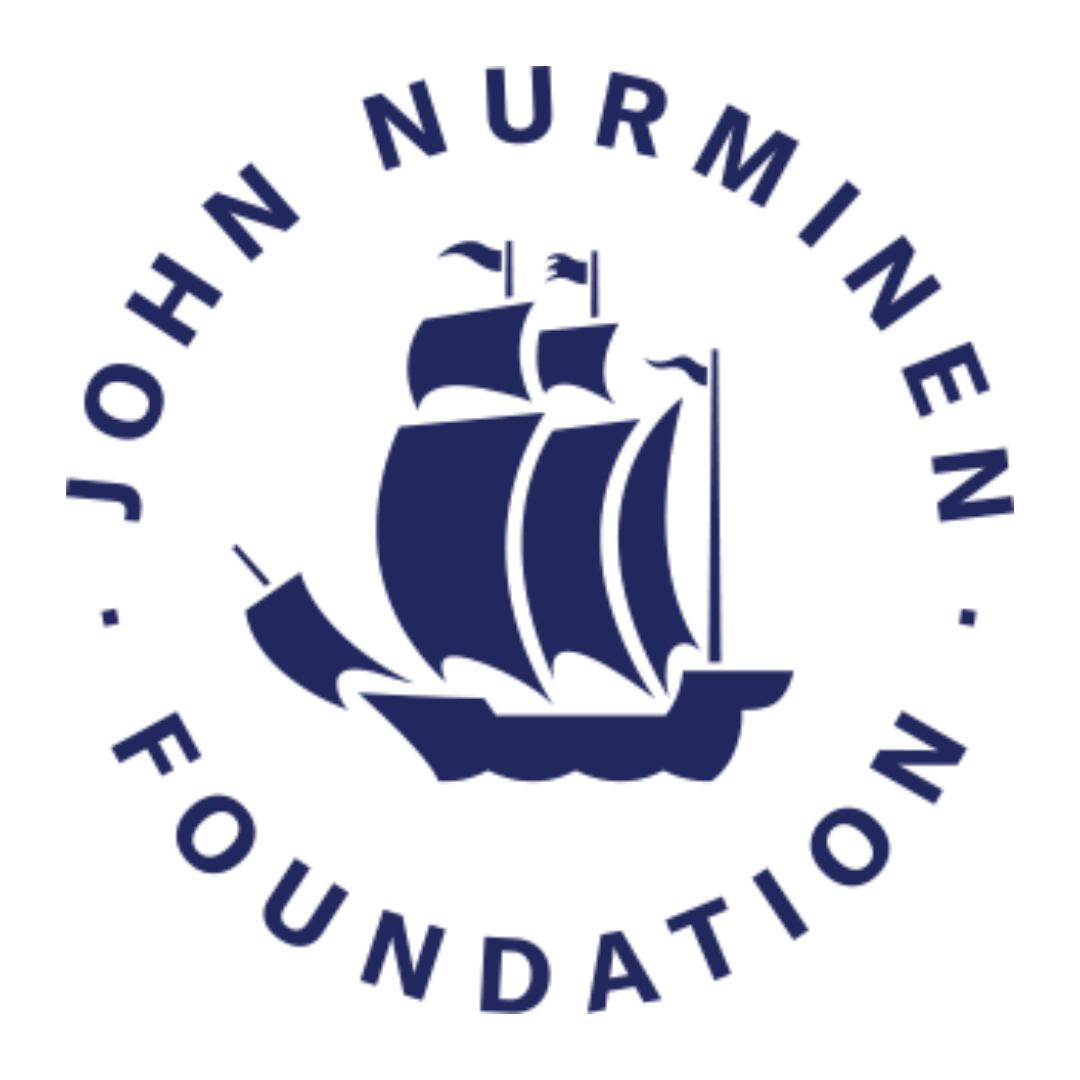The new John Nurminen Foundation and Metsähallitus joint project improves the status of the Baltic Sea by mowing and removing growths of the common reed. At the same time, we promote the utilization of renewable reed mass as a raw material that replaces peat, and protect heritage landscapes and the diversity of nature. The project was kicked off with reed mowing in Kirkkonummi on 30 September.
Mowing reeds is a proven method to protect the wellbeing of the sea. A thick reed growth retains significant volumes of nutrients that cause eutrophication in the Baltic Sea.
“In waterway protection, the cost efficiency of reed mowing is on a par with most efficient domestic methods, such as fish stock management in marine areas. In this project, the reed biomass is not only removed from the shores: we also create added value for it through commercial utilization. When all this is added up, the end result is even more positive”, says Mikko Peltonen, Project Manager from the John Nurminen Foundation.
A reed growth of one hectare can contain 10 kg of phosphorus, 100 kg of nitrogen, and more than 2 tonnes of carbon.
“Other than fishing, we do not have many cost-efficient means to remove the phosphorus and nitrogen that is already in the marine environment, causing eutrophication. The planned utilization of common reed growths that have expanded as a consequence of eutrophication could be one such method. Calculated per unit of area, phosphorus can be removed at 200 times the volume reached by collecting masses of blue-green algae in the summer”, says Seppo Knuuttila, Senior Research Scientist at the Finnish Environment Institute.


Reed mass harvesting and utilization has positive outcomes also for the climate, as it can replace peat, which generates heavy carbon emissions, and rock wool, which is manufactured from non-renewable raw materials.
“Growing substrates that replace peat can be manufactured with simple methods from plants that generate a large biomass. For this purpose, the best raw material in terms of climate impact is a naturally occurring growth, such as common reed mowed from waterways, as no added nutrients or soil improvement are required for it to grow”, says Kristiina Regina, Research Professor at the Natural Resources Institute Finland.
Moreover, reed growth removal has a positive climate impact because after mowing, there will be no decaying reed mass, releasing methane, in the waters of the shoreline.

Mowing protects heritage landscapes and the diversity of nature
The Coastal Reed Project kicked off in Kirkkonummi, in the treasured Norra Fladet heritage landscape.
Norra Fladet is part of the bird waters protection program, and constitutes an exceptionally valuable bird wetland. With reed mowing, the former sea shore meadows, taken over by reeds, and their birdlife can be restored. The work has been especially beneficial to waders, who need places to rest, as well as dabbling ducks and geese.
“The project, which seeks to utilize reeds, is very significant in the restoration of habitats such as sea shore meadows, which have been completely taken over by reeds. In coastal sea bays and inland bird waters there are still many coastal habitats that are overgrown or left untended”, says Pekka Heikkilä, Nature Conservation Manager at Metsähallitus.
When impenetrable reed thickets are opened up, this also adds to the recreational use options of the coastline, and brings back already lost heritage landscapes.

Goal: process reed masses further on market terms
We have for quite some time known of the benefits of reed mowing, but activities have so far been project-based and rather small in scale. The key bottlenecks that prevent reed mowing involve harvesting technologies and logistics.
The objective of the Coastal Reed Project is to accelerate the utilization and further processing of the reed mass; to boost harvesting entrepreneurship; and to build business models in a way that allow us to utilize reeds sustainably and in a market-driven manner in the future.
Reeds from the John Nurminen Foundation and Metsähallitus joint project are transferred to Kiteen Mato ja Multa Oy for further processing.
“The reed mass can be further processed and used e.g. as drying agent for compost, or in growing substrates for gardeners and berry farmers”, explains Aimo Turunen from Kiteen Mato ja Multa Oy.
Based on the experiences from this autumn’s pilot, we will plan how to expand the project next summer.

More information:
Mikko Peltonen
Project Manager, Clean Baltic Sea projects
John Nurminen Foundation
mikko.peltonen(at)jnfoundation.fi
Tel. +358 (0)50 379 2103
Marjukka Porvari
Director, Clean Baltic Sea projects
John Nurminen Foundation
Tel. +358 41 549 1535
marjukka.porvari@jnfoundation.fi
John Nurminen Foundation – Baltic Sea protection and marine culture
Founded in 1992, the purpose of the John Nurminen Foundation is to save the Baltic Sea and its heritage for future generations. The Foundation has been awarded for its work as a communicator of information and producer of marine content. The goal of the Foundation’s Clean Baltic Sea projects is to improve the condition of the Baltic Sea with tangible measures that will reduce the load and environmental risks directed towards the sea. The work is steered by measurable results and impact.
www.johnnurmisensaatio.fi

